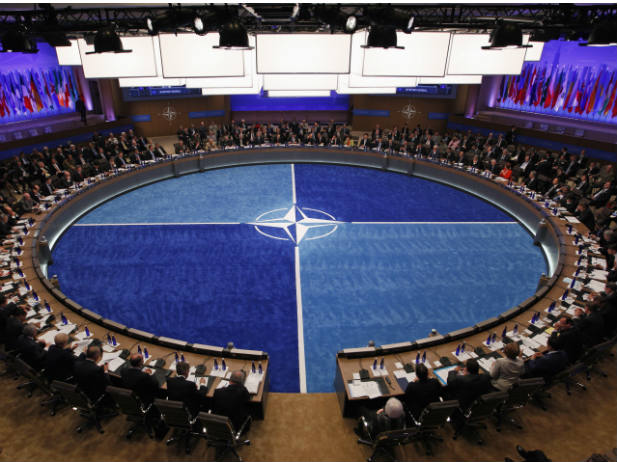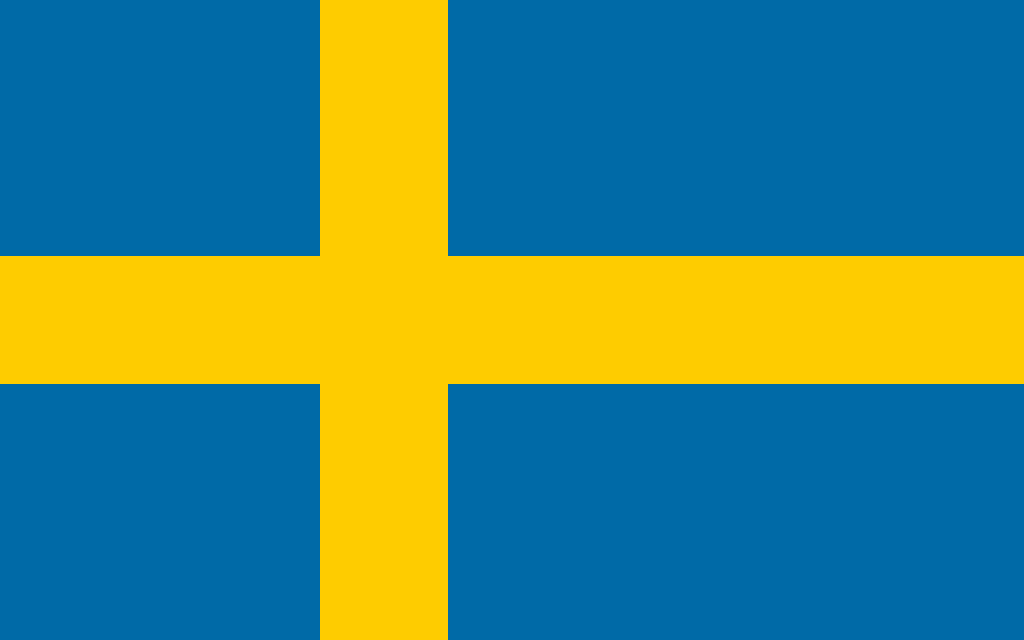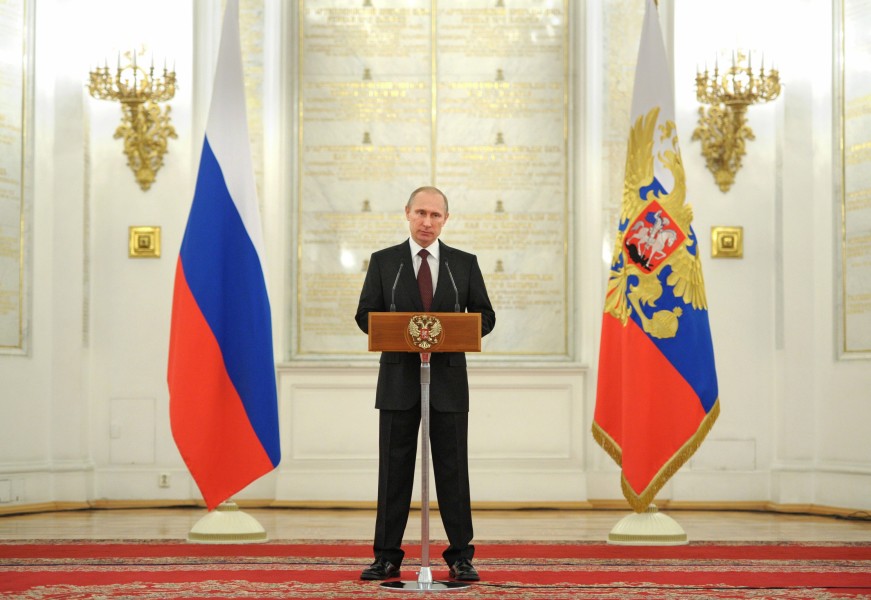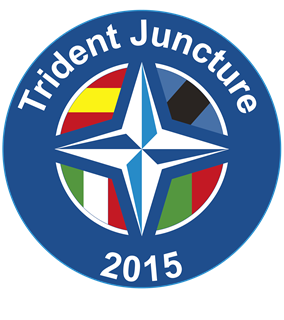[captionpix align=”left” theme=”elegant” width=”320″ imgsrc=”http://www.globaltimes.cn/attachment/090722/fa51f45ba3.jpg” captiontext=” US Vice President Joe Biden on Tuesday voiced support for Ukraine’s NATO bid and its own will to choose allies.”]
The 2012 Chicago Summit was the biggest NATO summit to date, with over sixty leaders in attendance, as well as “folks who were exercising their freedom of speech and assembly,” as Barack Obama tactfully refered to the protesters in his closing remarks. Among the dozens of attendees there were many non-NATO states. While the Summit agenda focused on Afghanistan, relations with Russia, missile defense, and Smart Defense, it was clear that not all of these issues were of equal importance to each attending state. For example, former Soviet republics Ukraine and Azerbaijan – both represented by their presidents – used the Summit to advance their national interests, which do not necessarily align with those of the Alliance.
Any media mention of Ukraine’s participation in the Summit pointed out that the country was focused on discussing its European integration in Chicago – a topic much more suited to be addressed by the European Union. The fact that it was taken up in Chicago demonstrates that NATO has many hats and is taken more seriously than almost all other organisations, including in matters that are outside of its direct responsibility.
According to an interview with Daria Olifer, a journalist with Ukraine’s ICTV channel, President Yanukovych places the emphasis on Ukraine’s economic development – an agenda he would pursue even at the NATO Summit. “Yanukovych starts all his state visits and meetings with business forums,” said Ms. Olifer, and the Smart Defense initiative could be used to advance Ukrainian business interests. According to Oleksandr Oleksandrovych, director of the New Challenges and Disarmament Department at the Ministry of Foreign Affairs of Ukraine, his country has the potential to cooperate in any area of the military-industrial complex with the NATO member-states, because it has a powerful military industrial complex of its own. He added that NATO positively assesses Ukraine’s potential for participation in the Smart Defense initiative.
Daria Olifer stated in an interview that after passing the law “On the Foundations of Domestic and Foreign Policy” in 2010, which stipulated that Ukraine was a non-bloc country (meaning that it would not join NATO, nor any other bloc, including one directed against NATO), relations between NATO and Ukraine improved. And cooperation in the area of Smart Defense is already underway, although it is not called that yet, because Smart Defense posture was officially adopted at the Chicago Summit and could not have been the subject of formal negotiations before.
When asked whether Ukraine’s cooperation with NATO, especially in their smart defense efforts, would be tolerated and permitted by Russia, Ms. Olifer stated that “it depends on how Ukraine will build its relationship with Russia: if correctly and positively, everything can be “permitted.” However, she did not specify under what circumstances the current Russian leadership with its exceedingly negative relationship with of the Alliance would accept any Ukraine-NATO dealings. Perhaps the key is that not the current, but a future, potentially different government, would be more open to that. There is a lot of speculation on this, and it will be interesting to observe the developments of Ukraine-NATO-Russia relations in the near future.
[captionpix align=”left” theme=”elegant” width=”320″ imgsrc=” http://news.az/photos/page-photo/79695.jpg” captiontext=” Azerbaijani President Ilham Aliyev gladly accepted his invitation to attend the NATO Summit in Chicago.”]
Another small country – also coincidentally a former Soviet republic – with its own ambitions to promote at the Summit was Azerbaijan. While it will not participate in the smart defense initiative, its territory can be potentially used for withdrawal from Afghanistan. Azerbaijan has been supporting ISAF since 2003 and currently has 94 troops stationed in Afghanistan. While that is a small contribution and the Afghanistan exit route is not finalized yet, the most important objective reached by Azerbaijan was the mention of the Nagorno-Karabakh conflict in the final statement released at the conclusion of the Summit. NATO’s Chicago statement calls to end several regional conflicts, among them the one between Armenia and Azerbaijan, but its wording supports the Azeri side’s interpretation of the international law with the emphasis on “territorial integrity” as opposed to “the right to self-determination” upheld by the Armenian side in the conflict. This one paragraph in the final communiqué was enough for the Armenian president to miss the Summit in protest (but send his foreign minister nonetheless). Meanwhile, it was a major feat for Azerbaijan, obviously, as its cause was backed by an official document adopted at such a high level.
Overall, while the Azeri President Ilham Aliyev did not hold any important meetings at the Summit or make Azerbaijan a priority in any discussions, his goal from the start was simply to get his country noticed at this important forum. The fact that he was the only leader who did not give a press conference is due in part precisely to this lack of specific agenda items.
So there it is. More and more countries are attending NATO summits each time, and they usually have a list of their own priorities, which sometimes have nothing to do with NATO’s agenda. But they keep coming and the Alliance is glad. This arrangement works both ways: for these states, NATO is the most powerful organization and its blessing can do no harm at the very least, and will probably even give them some benefits. For NATO, on the other hand, this respect from more and more states around the world adds legitimacy, which is crucial at a time when it is looking for a new raison d’être – a purpose that is going to expand its mandate and will need the acceptance and approval of as much of the international community as possible.




